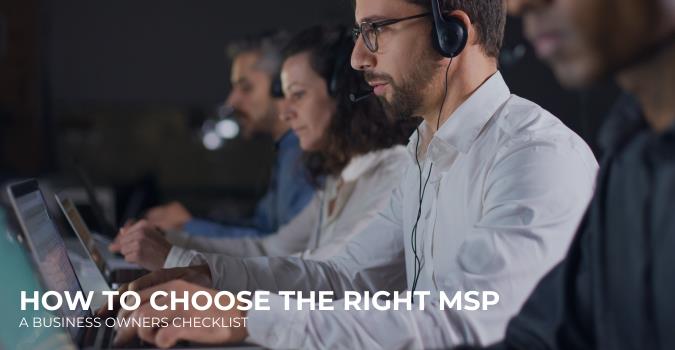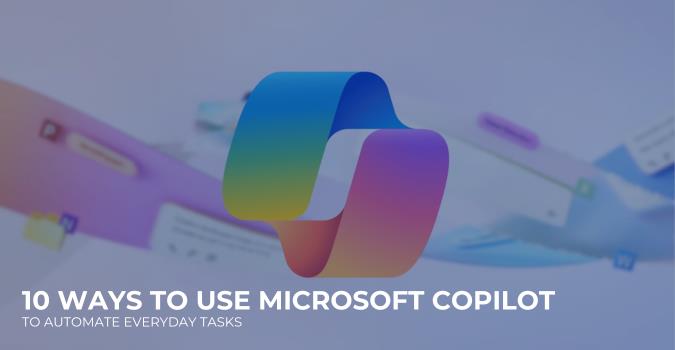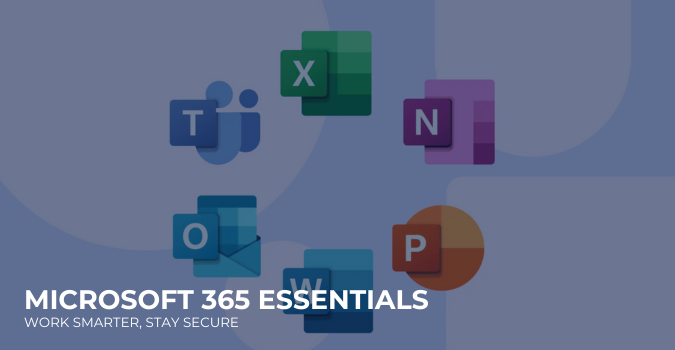We love to share our lives with our friends near and far, however a few people share an excessive amount of information online.
Numerous individuals realize that private data is private, however at times neglecting to thoroughly consider that an social media post can leave you exposed.
You need to always stop and consider what may occur before you send pictures or personal details out into cyber space!
Five things you should never share on social media
- Pictures of your new credit card or other financial information. Sometimes in the excitement of receiving a new card, people post a photo of it to social media. Even with the highest privacy settings, it’s not safe to post pictures or information that shows your financial details.
- Identity cards or documents. Driver licences are regularly seen on social media, especially when people pass their driving tests. While this is definitely a photo and #hashtag moment, sharing any kind of identification online exposes you to identity fraudsters.
- Tickets. Plane tickets continue to be a very popular social media post. But beware! They contain a lot of information, including sequence numbers that cybercriminals can use to decode personal information about you, and then access your bank account and financial information. If you share your holiday plans, you’ve also potentially just told -the criminals when no-one will be home. Same goes for tickets to music and sporting events.
- Pay slips. Everyone loves to get a pay rise, but if you post your pay slip to prove it, you’ve just possibly advertised your personal and bank details to cybercriminals. It’s private information—social media doesn’t need to see it!
- Inappropriate behaviour, comments, images and video. Inappropriate comments, as well as complaints or criticisms can land you in hot water. So don’t air your grievances on your social media channels. In addition, don’t share intimate or offensive images of anyone without their consent.
For more information, please visit: www.staysmartonline.gov.au




